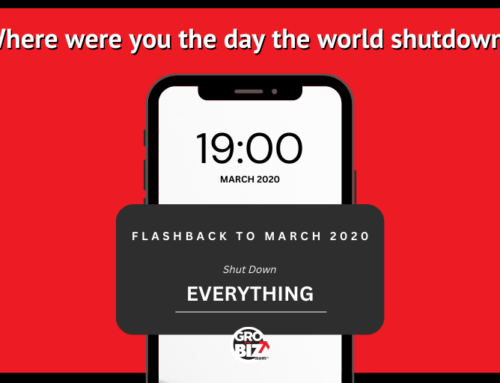
People measure business success in different ways. For some, it’s a healthy bank balance, for others it’s a full order book. Some people view a clean desk — the absence of unsolved problems — as a clear sign things are going well; others thrive on generating new ideas, tracking down leads and making new deals.
For some, success seems a never-ending roller-coaster ride where one issue solved is quickly replaced by another just as gut-wrenching. For others, success seems elusive — if only they had more money, more capable staff, more reliable suppliers, and more loyal customers.
You need to look at success as both a journey and a destination.
Remember that you went into business for a reason, whatever it was. You set yourself goals even if you didn’t plan them out much on paper. To survive, you’ve inevitably altered your goals somewhat and adjusted your approach. You may have struggled at many things, but you’ve pulled through enough times to still be around. That means you have what it takes to keep a business alive.
The key question now is this: Have you arrived at a place that feels comfortable, one that you’d like to sustain and improve and develop like a well-kept garden? Or do you want to grow in size and stature, to manage a larger operation, and to grow into an empire?
Either option has advantages and disadvantages. Neither option is right for everyone.
Fortunately, the choice is not permanent — whichever option you pursue you can always realign your strategic plan to move in the other direction.
Owners that focus on improving the profitability of their current operation can always expand later when more capital is available or when they are more prepared to take the risks involved. Owners who take the plunge and pursue an expansion path can always pare back if the venture doesn’t pan out — even if this involves taking a loss.
Consider rephrasing the question this way: “What kind of growth do I want to aim for at this time in the life of my business, knowing that I can shift this aim later?”
Your answer will depend upon a careful examination of your present circumstances and your motivation for seeking to change.
- Also consider what will happen if you don’t grow? Can you afford not to grow?
- Will other growth opportunities be available again?
- Will opportunities be better in the future than they are now?
- Will your competitors grow even if you don’t?
To understand the dimensions of your motivation, talk with your GroYourBiz advisory board members about your answers to the questions above.
An excerpt from Your Business Matters: Strategic Growth by Ted James and Barbara Mowat








Leave A Comment